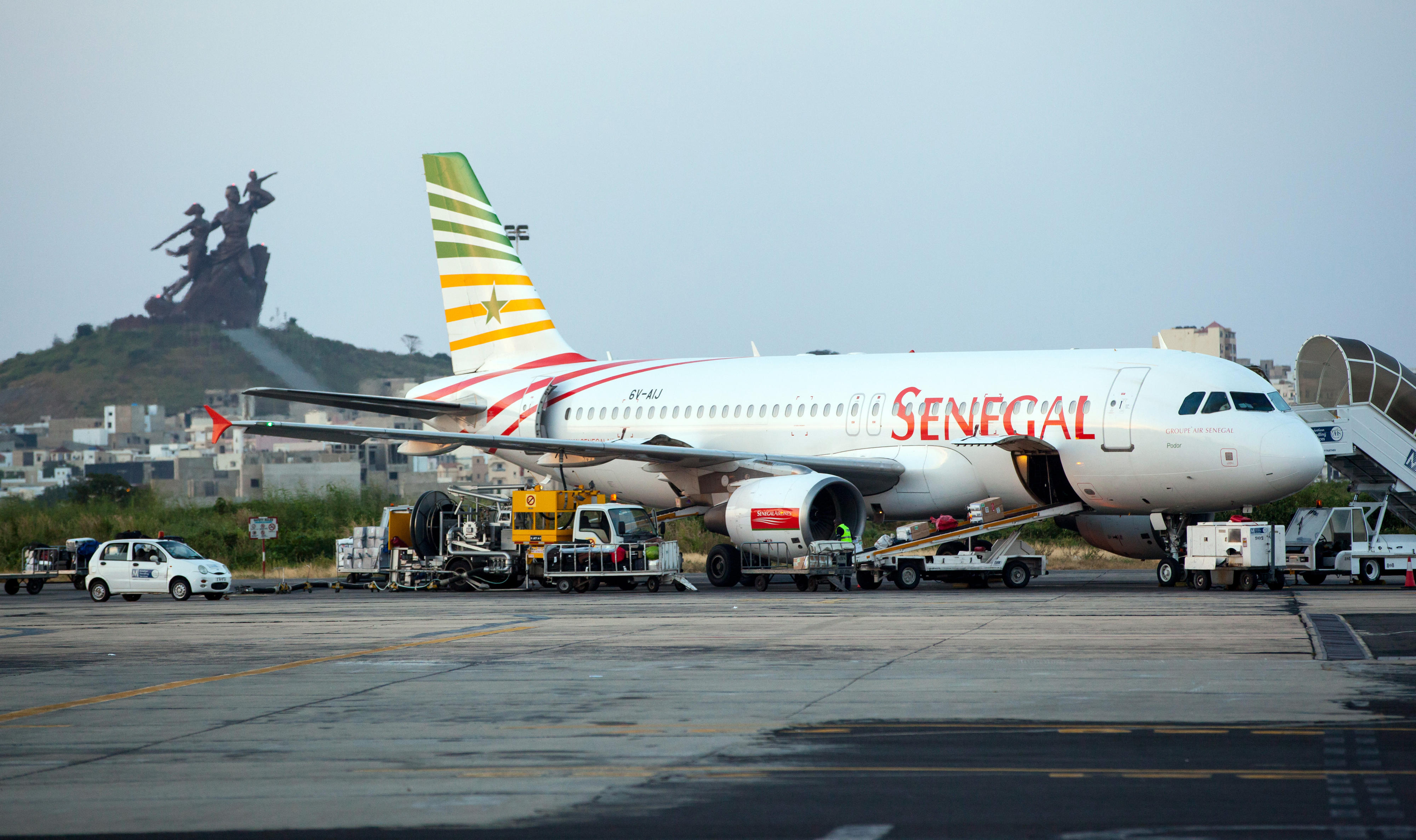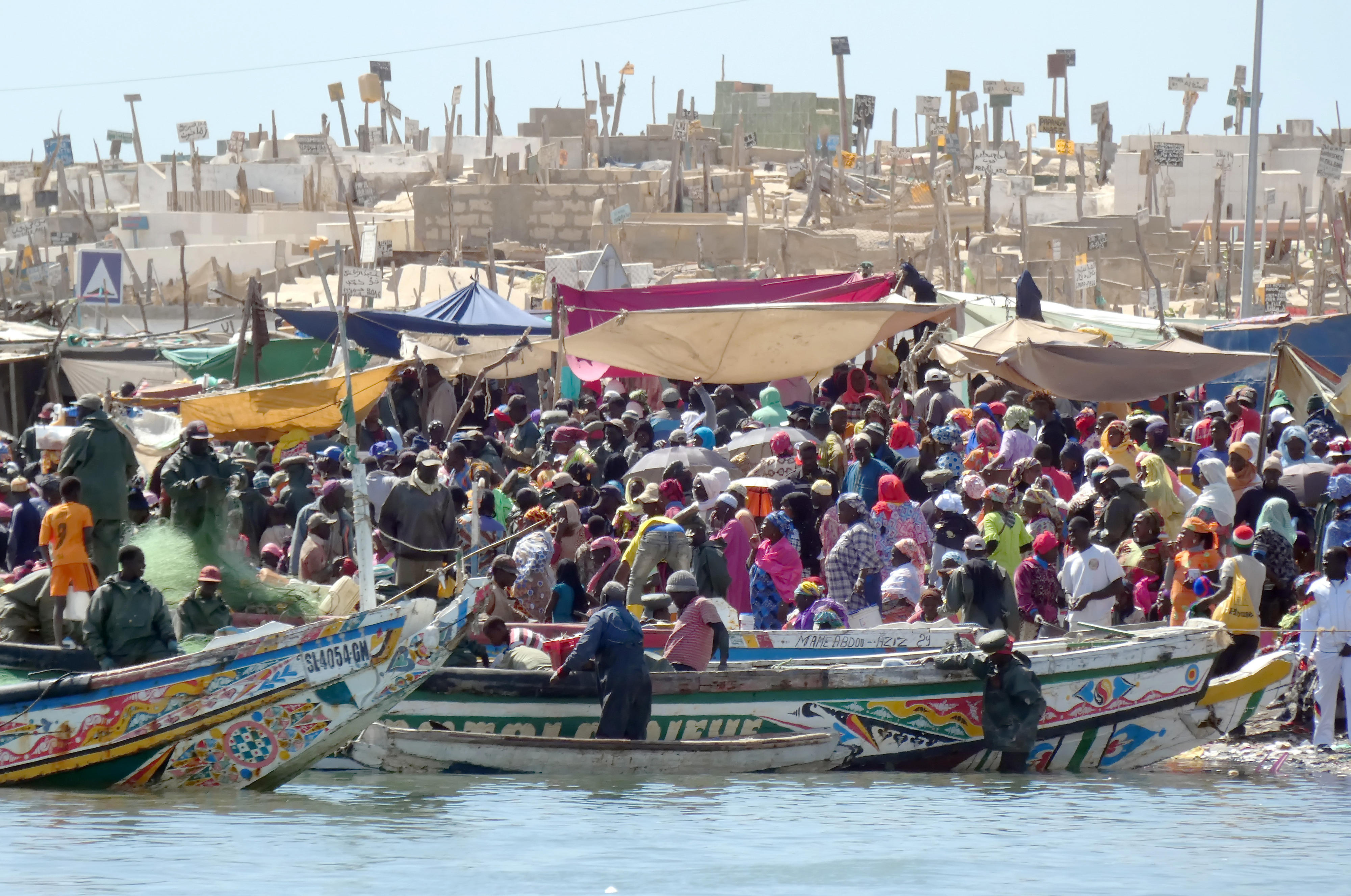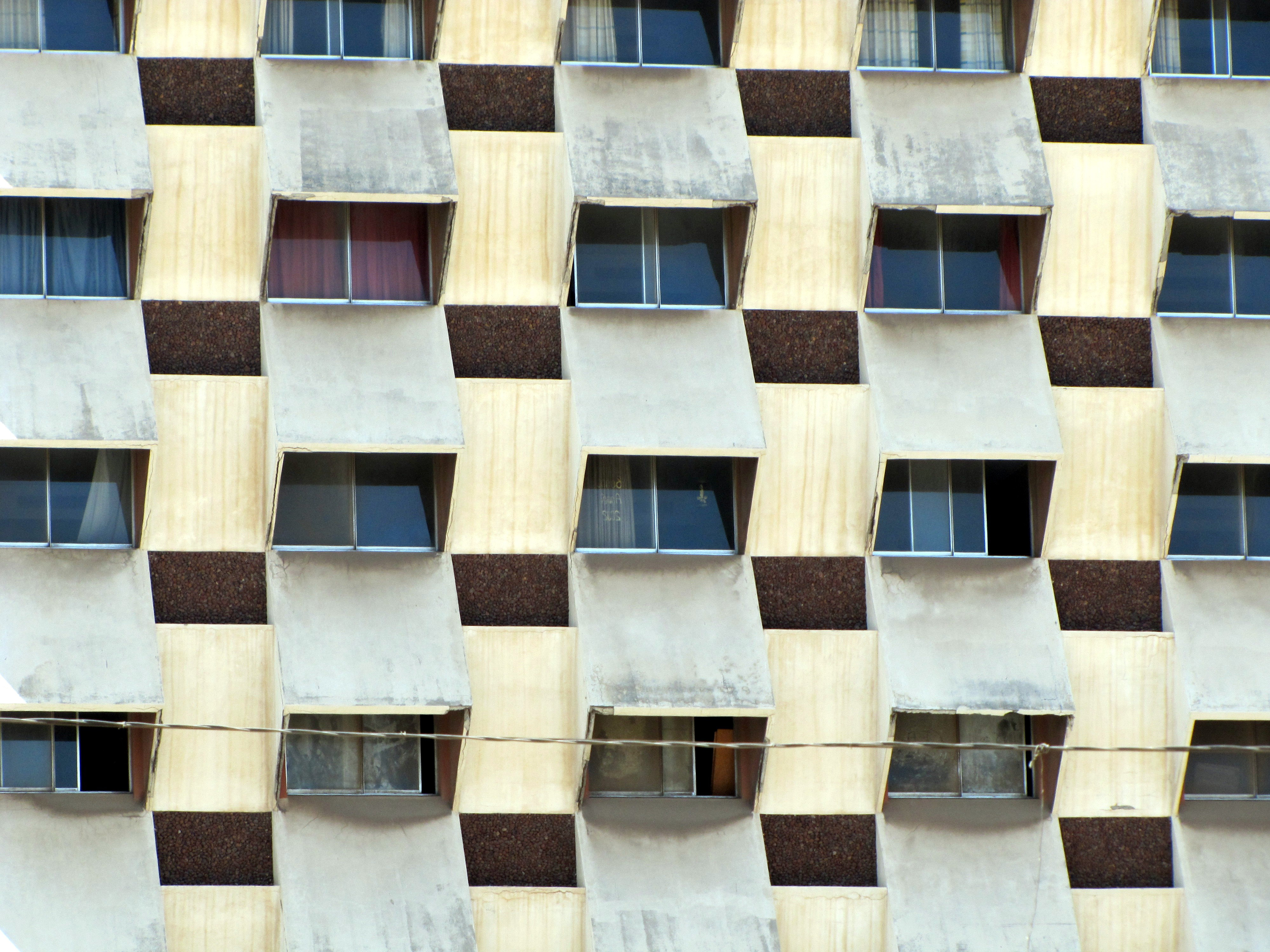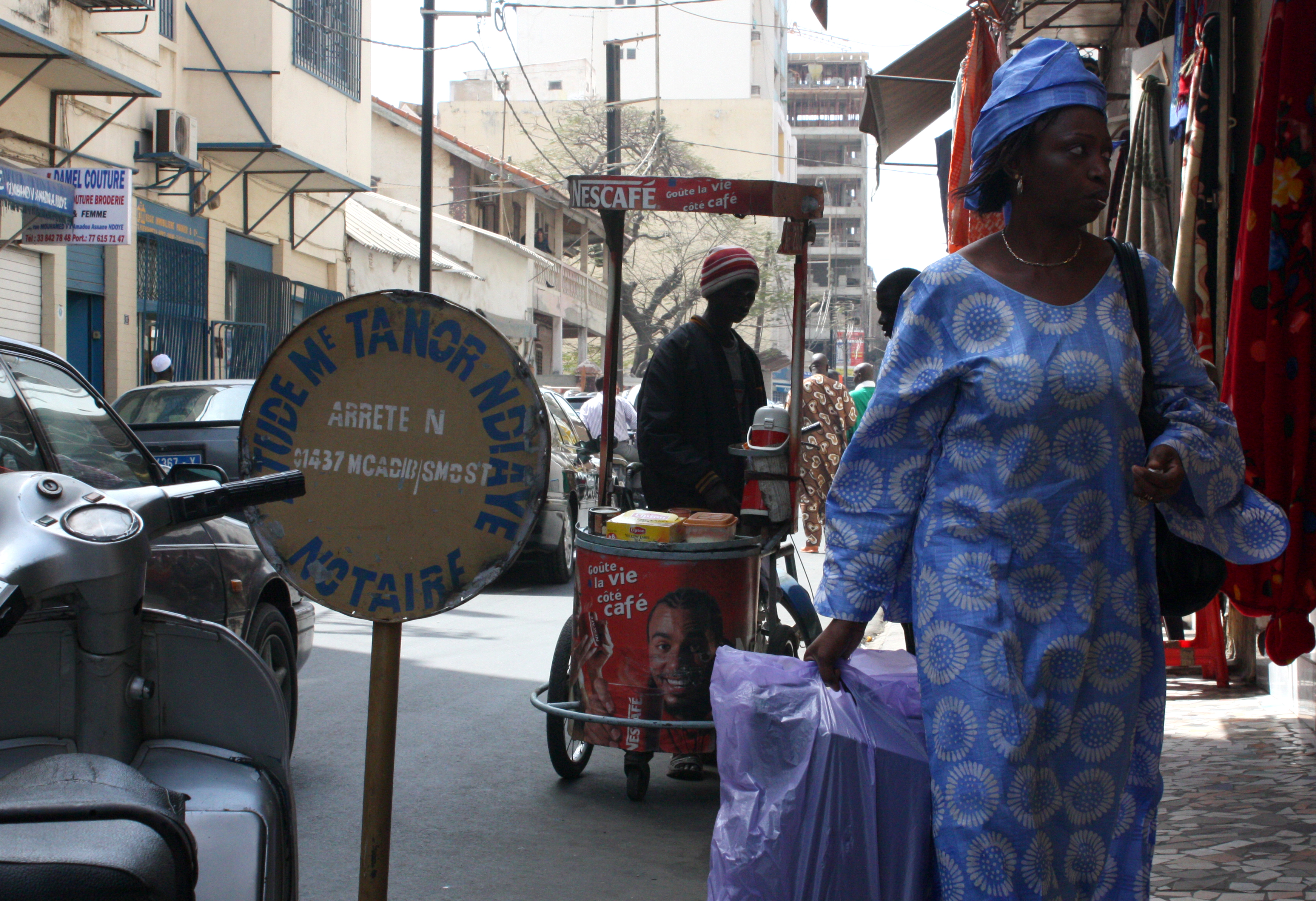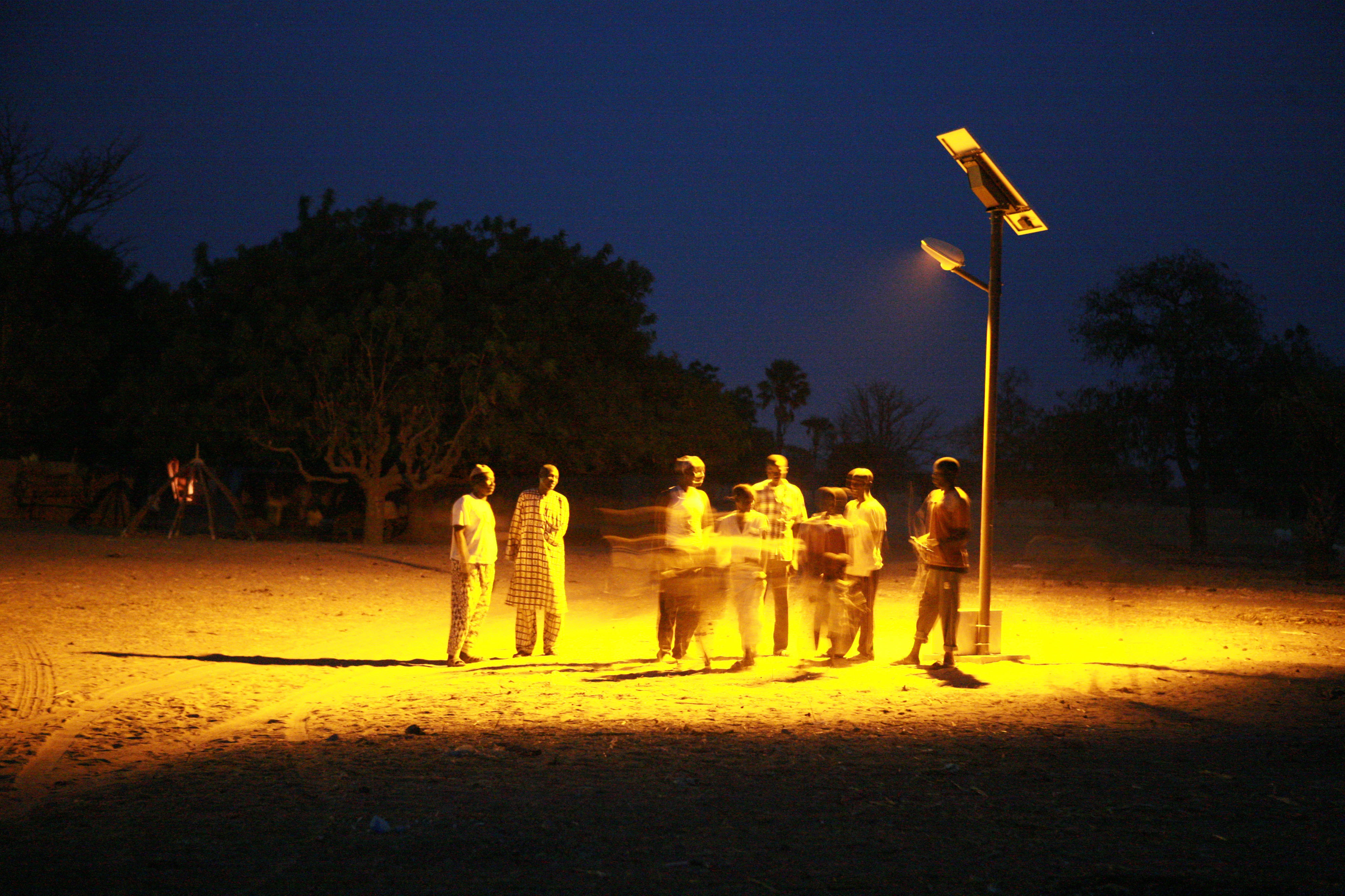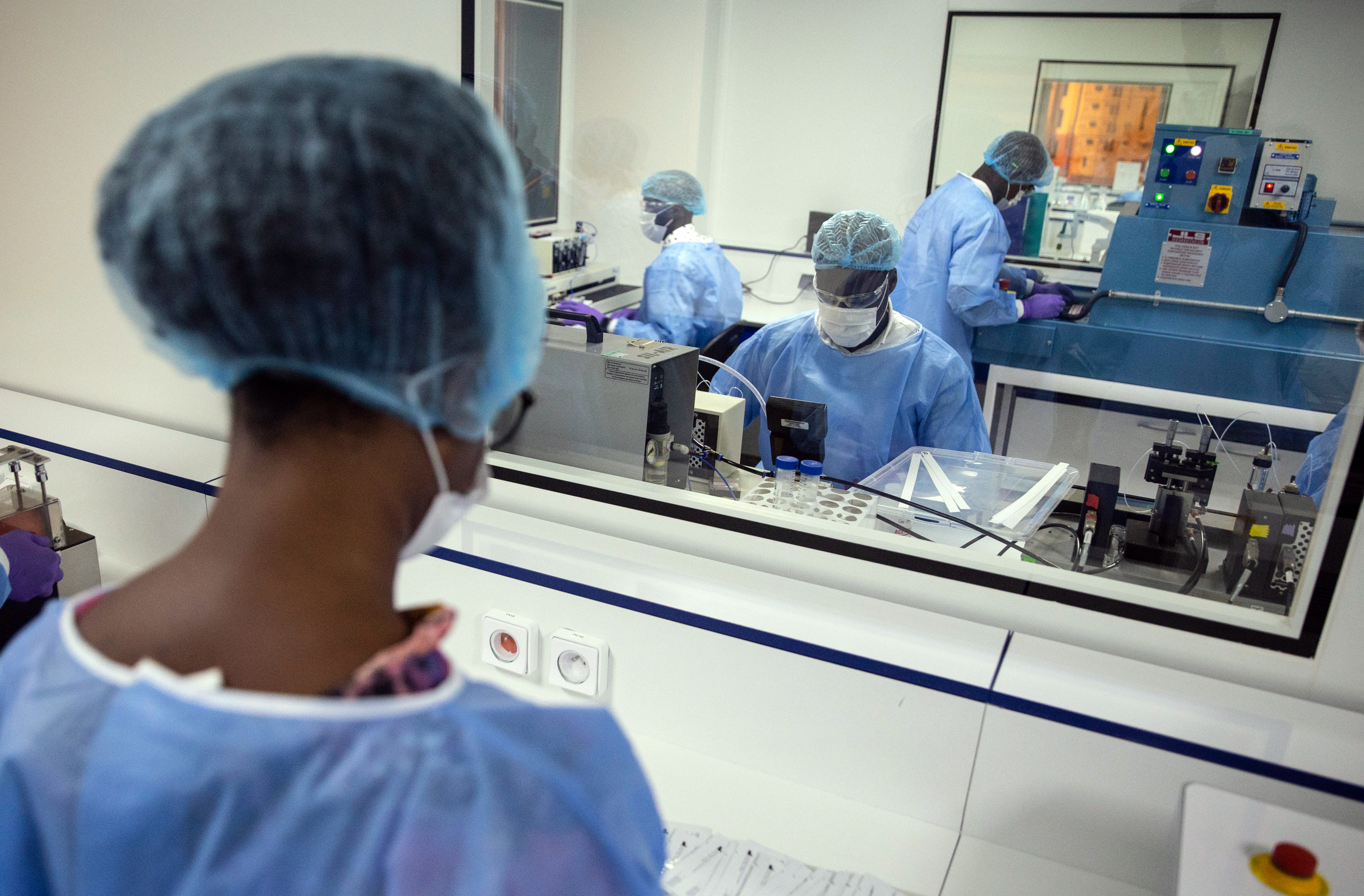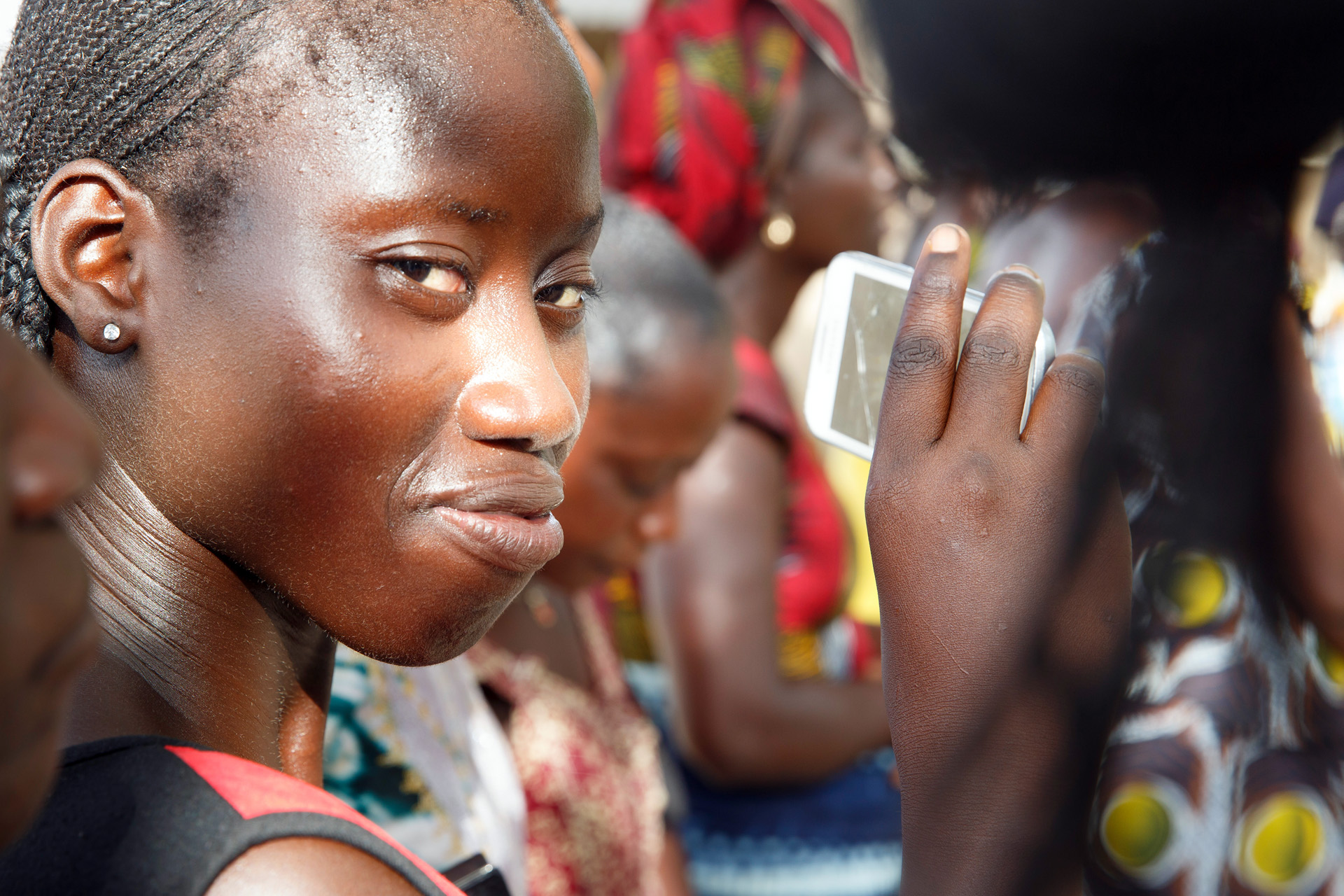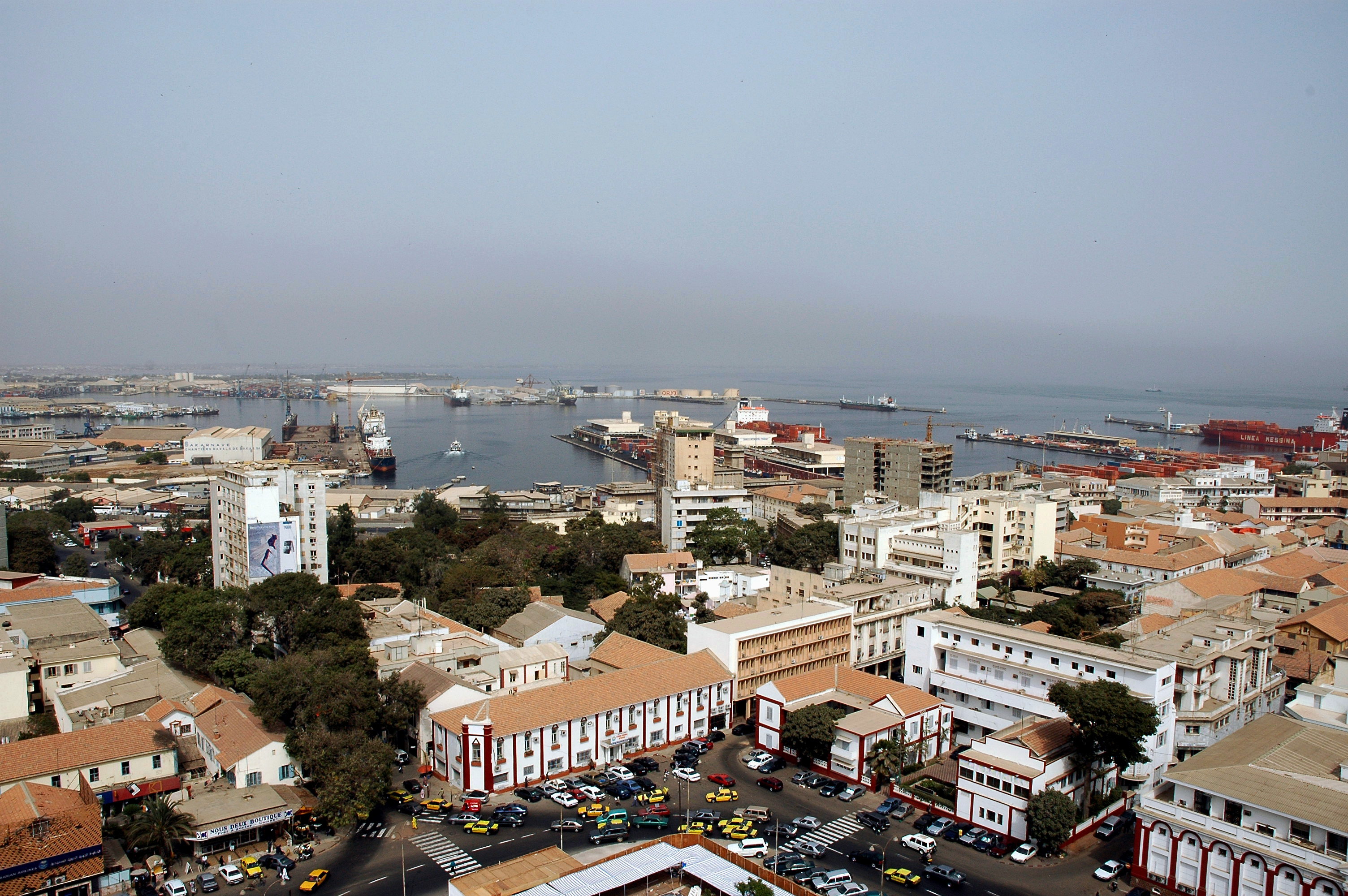Plane at the Leopold Sedar Senghor airport in Dakar, Senegal, with the African Renaissance monument in the background
Copyright© Thomas Trutschel/photothek.net
Senegal
Senegal's economy has grown continuously in the last few years. However, the development of the country is being hampered by food crises, strong population growth and a high rate of unemployment. Senegal managed to weather the COVID-19 pandemic rather well, yet its economic fallout is still being felt very clearly. In Senegal, the impact of Russia's attack on Ukraine has caused disruption of supply chains, sharp rises in the cost of living, high inflation and growing sovereign debt.
Following a severe domestic political crisis, Senegal saw a change of leadership in the first half of 2024. Opposition candidate Bassirou Diomaye Faye was elected president. His close political ally Ousmane Sonko became the country's new prime minister. They both have voiced sharp criticism of the elites that have ruled the country so far, and of Senegal's relations with the West, which have been characterised by dependency. This criticism has led Senegal's people, especially the young generation, to pin high political hopes on the new leaders.
On the current United Nations Human Development Index (HDI (External link)), Senegal is ranked 169th out of 193 countries.
German development cooperation with Senegal
Germany and Senegal can look back on a long tradition of development cooperation. Germany is one of Senegal's main bilateral donors.
In 2019, Germany and Senegal agreed a reform partnership under the G20 Compact with Africa initiative. It was intended to improve the environment for private investment and thus create more employment. In June 2023, Germany, France and other international donors agreed a Just Energy Transition Partnership (JETP) with Senegal. In that context, Germany and Senegal transformed their programme of development cooperation into a Climate and Development Partnership. This Partnership focuses on the following core areas:
- Peaceful and inclusive societies
Area of intervention: good governance - Sustainable economic development, training and employment
Areas of intervention: technical and vocational education and training, private sector and financial sector development - Climate and energy, just transition
Areas of intervention: renewable energy and energy efficiency; sustainable urban development - Health, social protection and population dynamics
Area of intervention: health, pandemics and One Health
In 2023, the German Development Ministry (BMZ) approved funding totalling 170.35 million euros for cooperation with Senegal. This comprises 132 million euros in Financial Cooperation funding and 38.35 million euros in Technical Cooperation funding.
The BMZ is also involved in various Team Europe Initiatives of the European Union that are active in Senegal.
Close partnership Budget support
A total of 118 million euros has been committed for budget support. This funding flows directly into the country's budget and can be used by the partner government with complete autonomy – in compliance with pre-defined rules.
It was agreed that 68 million euros should be used to increase Senegal's crisis resilience in the areas of public financial management, economic affairs, and climate change. 50 million euros is to be used for targeted support for the development of the pharmaceutical sector and vaccine manufacturing.
The disbursement of the committed funding is contingent on specific structural reforms, based on the achievement of certain indicators to show that the reforms are being implemented. With regard to crisis resilience support, these indicators relate to governance, public financial systems, energy transition, and feminist development policy. In the field of vaccine manufacturing, indicators focus, for example, on the establishment of an independent regulatory authority, improved training, and better interministerial cooperation.
SDG trends for Senegal
- On track or maintaining SDG achievement
- Moderately improving
- Stagnating
- Decreasing
- Trend information unavailable
